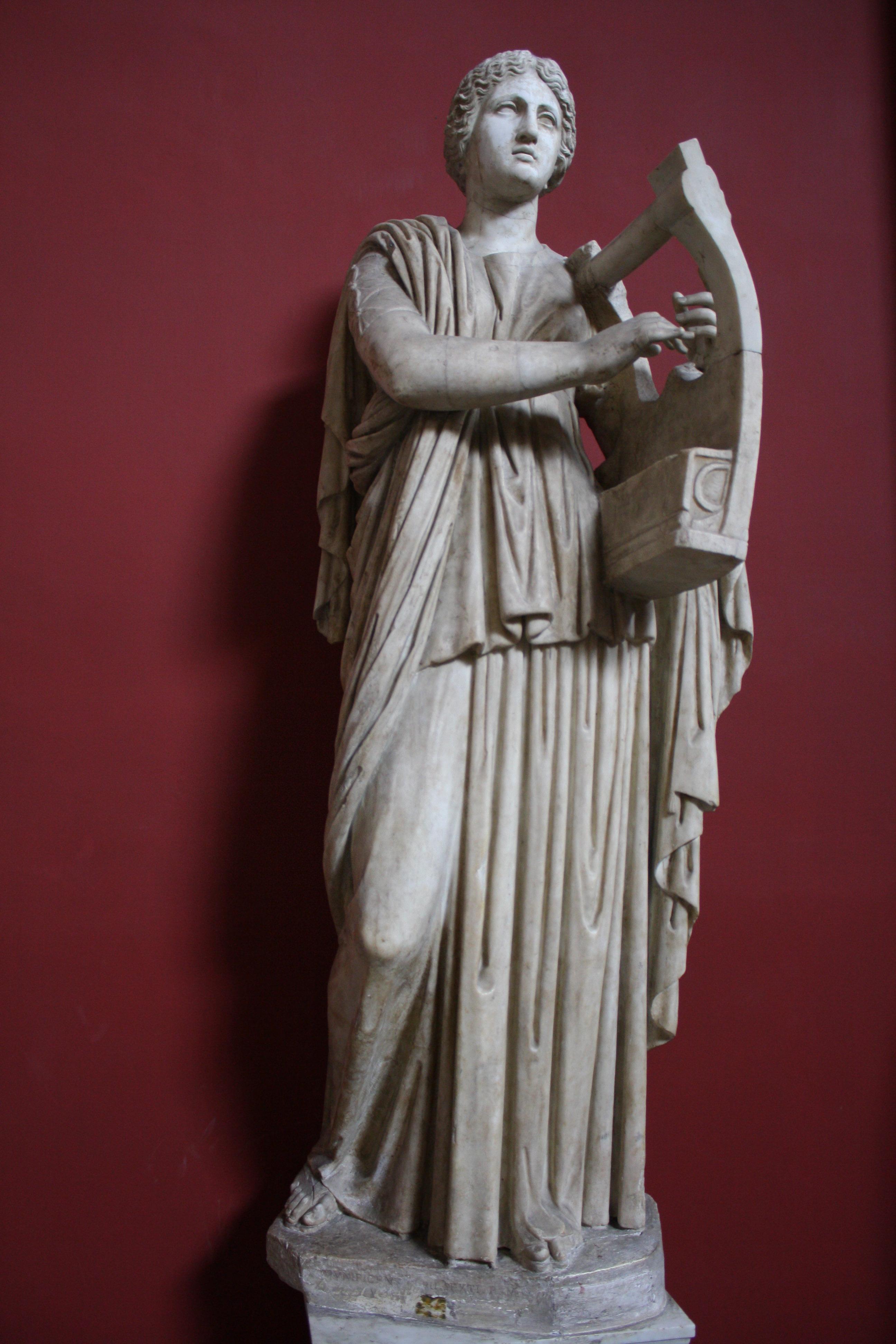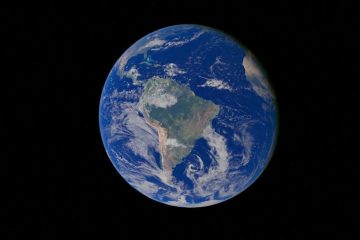In the vast expanse of cosmic wonder, where Earth dances among the stars, a profound theory emerges — the Gaia Hypothesis. This philosophical perspective invites us to view our planet not merely as a collection of lifeless elements but as a living, interconnected organism. Join us on a journey of exploration into the depths of this thought-provoking concept, as we delve into the intricate web of life that binds us to the very essence of Gaia herself.
Table of Contents
- Exploring the Origins of the Gaia Hypothesis
- The Interconnectedness of Earth’s Systems in the Gaia Philosophy
- Implications of the Gaia Hypothesis on Environmental Conservation
- Practical Ways to Embrace Gaia Philosophy in Everyday Life
- Q&A
- Insights and Conclusions
Exploring the Origins of the Gaia Hypothesis
In the realm of ecological thought, the Gaia Hypothesis stands as a beacon of interconnectedness and symbiosis. Originating from the mind of James Lovelock, this hypothesis proposes that the Earth is a self-regulating complex system where living organisms interact harmoniously with their environment. Unlike traditional views that see Earth as a mere collection of disparate parts, the Gaia Hypothesis sees our planet as a unified and coherent whole, where each component plays a vital role in maintaining balance.
This profound philosophy challenges us to rethink our relationship with the Earth and its ecosystems. By viewing the planet as a living entity capable of self-regulation, we are encouraged to treat it with the respect and care it deserves. Embracing the principles of Gaia means acknowledging the profound interconnectedness of all life forms and the planet itself, highlighting the delicate web of life that sustains us all.

The Interconnectedness of Earth’s Systems in the Gaia Philosophy
In the intricate tapestry of the Gaia Philosophy, the interconnectedness of Earth’s systems is a mesmerizing symphony of harmony and balance. From the rhythmic dance of the oceans to the whispered secrets of the forests, every component of our planet plays a vital role in the cosmic ballet of life. The concept of Gaia encapsulates the idea of Earth as a living, breathing entity, where each element is intimately linked to the whole.
Exploring the Gaia hypothesis philosophy unveils a world where the atmosphere whispers to the oceans, the mountains hum to the valleys, and the rivers sing to the skies. This holistic approach to understanding our planet emphasizes the delicate web of relationships that sustain life as we know it. By recognizing the interdependence of Earth’s systems, we gain a profound appreciation for the intricate beauty and complexity of our shared home. Through the lens of Gaia, we are reminded of the profound truth that we are not mere observers of nature but active participants in a grand cosmic narrative.
Implications of the Gaia Hypothesis on Environmental Conservation
The Gaia Hypothesis, proposed by James Lovelock, suggests that the Earth functions as a self-regulating system, much like a living organism. This concept envisions the planet as a single, interconnected entity where living organisms and their environments coexist in a delicate balance. Embracing the Gaia philosophy can have profound implications on how we approach environmental conservation efforts, emphasizing the importance of viewing Earth as a holistic ecosystem rather than separate and independent parts.
By acknowledging the interdependence of all life forms on Earth, the Gaia Hypothesis challenges traditional conservation models and prompts us to rethink our relationship with the environment. Implementing strategies that align with Gaia’s principles, such as promoting biodiversity, reducing pollution, and preserving natural habitats, can foster a harmonious coexistence between humans and the planet. This perspective encourages a shift towards sustainable practices that prioritize the well-being of the Earth as a whole, illustrating the significance of unity and collaboration in safeguarding our shared home.
Practical Ways to Embrace Gaia Philosophy in Everyday Life
One way to embody Gaia philosophy in your daily routine is by cultivating a deep connection with nature. Spend time outdoors, observe the beauty of the environment around you, and appreciate the interconnectedness of all living beings. Engage in activities that honor Mother Earth, such as gardening, hiking, or simply sitting quietly in a green space to soak in the natural energy.
Another practical approach is to adopt sustainable lifestyle practices that align with the principles of Gaia philosophy. Reduce your carbon footprint by recycling, composting, and using eco-friendly products. Support local farmers and artisans to promote community resilience and reduce reliance on industrialized systems. Embrace mindfulness in your consumption habits, opting for quality over quantity, and prioritizing ethical and environmentally conscious brands. By making these conscious choices, you can contribute positively to the well-being of the planet and foster a harmonious relationship with Gaia.
Q&A
Q: What is the Gaia Hypothesis philosophy?
A: The Gaia Hypothesis philosophy, proposed by James Lovelock in the 1970s, suggests that the Earth is a self-regulating system where living organisms and their inorganic surroundings co-evolve to maintain the conditions necessary for life.
Q: How does the Gaia Hypothesis view Earth?
A: The Gaia Hypothesis views Earth as a single, self-regulating organism where all living and non-living entities interact to create a complex and interconnected system that sustains life.
Q: What are the implications of the Gaia Hypothesis philosophy?
A: The implications of the Gaia Hypothesis philosophy are profound, suggesting that humanity is interconnected with the environment and has a responsibility to act as stewards of the Earth to maintain its delicate balance.
Q: How is the Gaia Hypothesis relevant in today’s world?
A: In today’s world, the Gaia Hypothesis serves as a reminder of the importance of environmental conservation and sustainable living practices to ensure the well-being of our planet and future generations.
Q: Can the Gaia Hypothesis philosophy influence our approach to environmental issues?
A: Yes, the Gaia Hypothesis philosophy can influence our approach to environmental issues by fostering a deeper understanding of the Earth as a complex, interconnected system that requires collective effort to preserve and protect.
Insights and Conclusions
As we delve deeper into the intricate web of the Gaia Hypothesis philosophy, we begin to see the interconnectedness of all living beings on our planet. From the smallest microorganism to the towering trees, every element plays a crucial role in maintaining Earth’s delicate balance.
It is a fascinating journey to explore how the Earth itself can be considered a living organism, constantly adapting and evolving to sustain life. The Gaia Hypothesis challenges us to rethink our relationship with nature and inspires us to live in harmony with our planet.
So, as we reflect on the profound implications of this thought-provoking philosophy, let us remember that we are not just inhabitants of Earth but integral parts of a living, breathing Gaia. Embracing this perspective can guide us towards a future where humanity and nature coexist in a sustainable and symbiotic relationship.



0 Comments